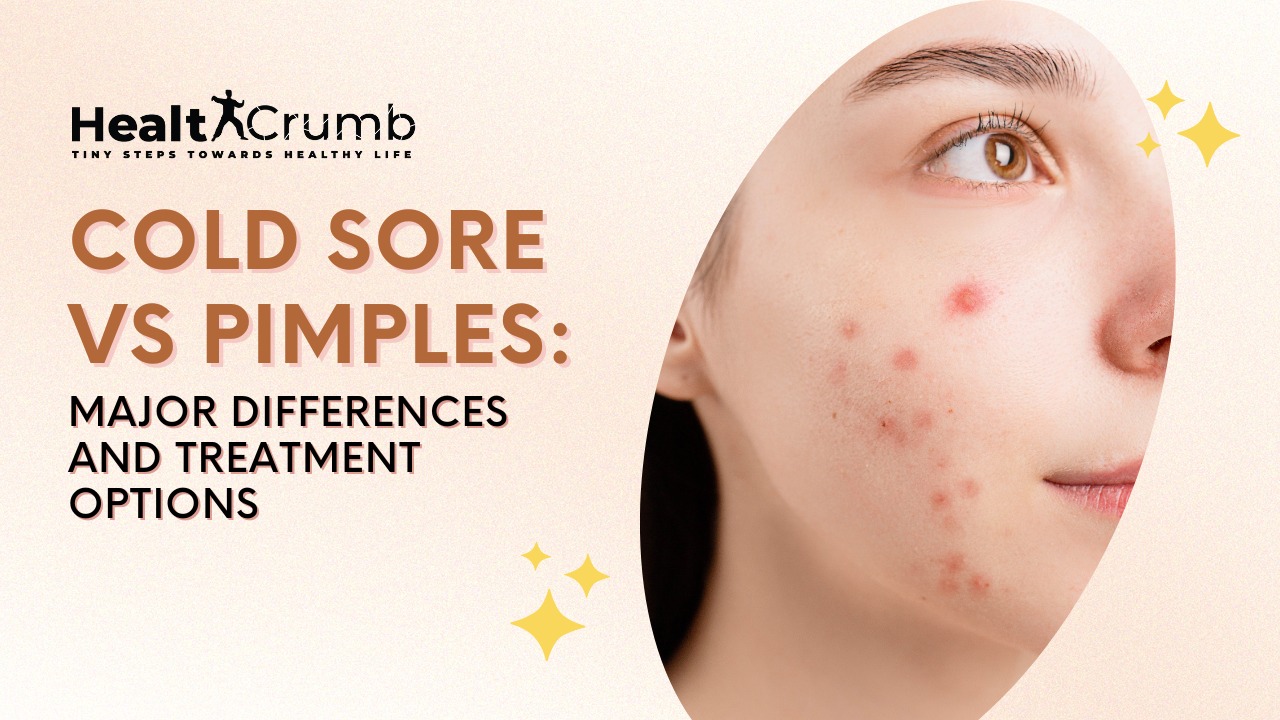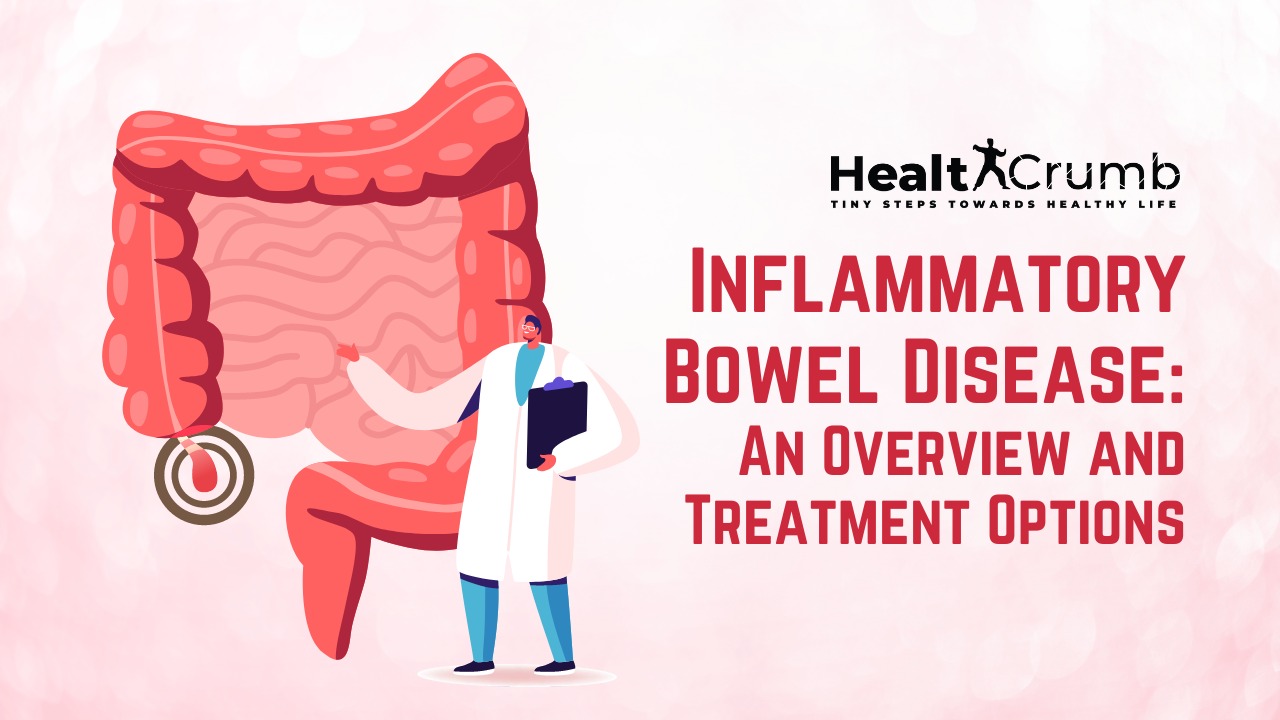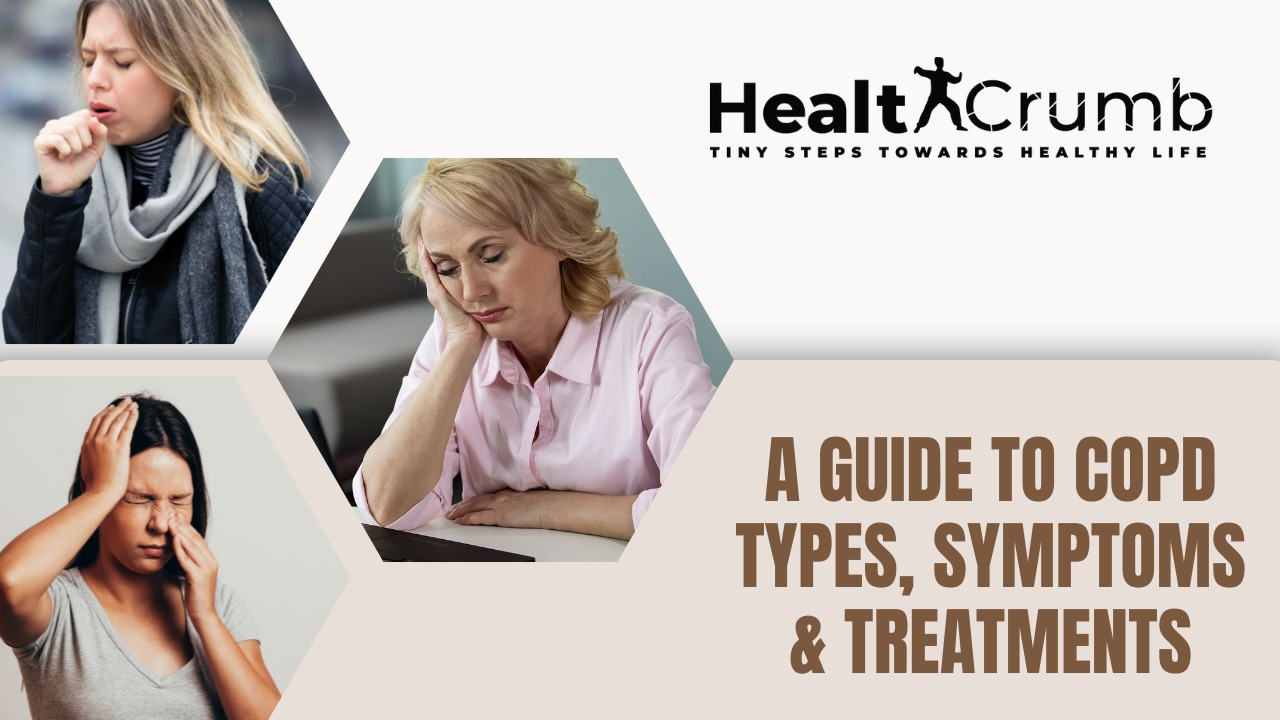It can be difficult to tell the difference in cold sore vs pimples. They both appear as small, red bumps on the skin, and can be painful. However, there are some key differences between the two.
Cold sores are caused by the herpes simplex virus, while pimples are caused by bacteria. Cold sores usually appear outside the mouth, while pimples usually appear on the face, neck, chest, or back. Treatment for cold sores typically involves antiviral medication, while treatment for pimples typically involves topical antibiotics or benzoyl peroxide.
What are cold sores and pimples?
Cold sore vs pimples – Both are types of skin lesions, but they are caused by different things and have different treatments.
Cold sores are caused by the herpes simplex virus and usually appear on the lips. Pimples are caused by excess oil and bacteria in the pores and usually appear on the face.
Most people get cold sores, or fever blisters, at some point in their lives. Cold sores are small, fluid-filled blisters that appear on the lips, nose, or cheeks. They’re usually caused by the herpes simplex virus (HSV). HSV-1 is the most common type of HSV, and it’s what usually causes cold sores.
Pimples are also common, especially during adolescence. Pimples are small bumps that form on the skin when dead skin cells, sebum (an oily substance produced by the sebaceous glands), and bacteria get trapped in the pores. They can occur anywhere on the body, but they’re most commonly seen on the face, neck, chest, and back.
So, what’s the difference when it’s about cold sore vs pimples? Let’s take a closer look.
Cold Sore vs Pimples: Major Differences
When it comes to skin conditions, there are a lot of similarities, especially when it’s about cold sore vs pimples. Both can be red, swollen, and painful, and they can both appear in similar places on the face. But there are also some major differences between the two conditions.
There are a few key differences between cold sores and pimples. For one, cold sores are caused by the herpes simplex virus, while pimples are not. Here’s a look at the major differences in cold sores vs pimples, and some treatment options for each.
Cold sores are caused by the herpes simplex virus (HSV). There are two types of HSV: HSV-1, which is responsible for most cold sores, and HSV-2, which is responsible for genital herpes.
Once you have the HSV virus, it stays in your body for life. For most people, the virus is inactive most of the time. But it can become active again at any time, often due to triggers like stress or illness.
When the virus becomes active, it causes an outbreak of cold sores. Cold sore outbreaks usually last for 7-10 days.
Pimples are not caused by a virus. They are caused by a build-up of oil and dead skin cells in the pores of the skin.
Some major differences in cold sore vs pimples:
1. Appearance: Cold sores typically appear as small blisters on the outside of the mouth, around the lips, nose, or cheeks. They’re usually grouped together in clusters. Pimples can occur anywhere on the body including inside the body, but are most commonly seen on the face, neck, chest, and back. They typically appear as small, red bumps.
2. Cause: Cold sores are caused by the herpes simplex virus (HSV). Pimples are caused by excess oil, dead skin cells, and bacteria getting trapped in the pores.
3. Treatment: There is no cure for cold sores, but they can be treated with antiviral medications. Pimples can be treated with over-the-counter medications, prescription medications, such as topical creams and gels, and home remedies.
4. Prevention: Cold sores can be prevented with antiviral medications. Pimples can be prevented by keeping the skin clean, avoiding irritating the skin, and using oil-free cosmetics.
5. Pain: Cold sores tend to be larger, usually filled with fluid and are quite painful, while pimples are generally not painful. Finally, cold sores typically last for a week or two, while pimples usually only last for a few days.
6. Contagious: Finally, cold sores are highly contagious and can be passed on to others through close contact, while pimples are not.
Cold sore vs pimples – Both are types of skin lesions, but they have different causes and treatments. Cold sores are caused by the herpes simplex virus and usually appear on the lips. Pimples are caused by excess oil and bacteria in the pores and usually appear on the face.
Cold Sore Treatment Options
There are a few different ways that you can treat cold sores, depending on how severe they are and how often you get them. Some people may only need to use a topical cream or ointment, while others may need to take oral antiviral medication.
If your cold sores are mild and don’t occur frequently, you can try using a topical cream or ointment. If your cold sores are more severe or occur more frequently, you may have to take oral antiviral medication. These medications can help to prevent cold sores from developing and can also shorten the duration of an outbreak. Popular oral antiviral medications include:
If you suffer from frequent or severe cold sore outbreaks, you should talk to your doctor about long-term treatment options. There are some prescription medications that can help to prevent cold sores from developing, which may be especially helpful for people who
Pimple treatment options
Acne is one of the most common skin conditions in the world, affecting millions of people of all ages. And while there are many types of pimples, they all have one thing in common: everyone wants to get rid of them!
There are a number of different treatment options available for pimples, ranging from at-home remedies to prescription medications. Some of the most popular treatment options include:
- Over-the-counter (OTC) medications: These are typically topical treatments that can be bought without a prescription. Popular OTC acne treatments include benzoyl peroxide, salicylic acid, and sulfur.
- Prescription medications: If OTC treatments don’t work, your doctor may prescribe you a stronger medication. Common prescription acne medications include retinoids, antibiotics, and birth control pills.
- At-home remedies: There are many at-home remedies that can be effective in treating pimples. Some popular options include applying green tea bags to the affected area, using honey as a spot treatment, and making a paste out of baking soda and water.
No matter which treatment option you choose, it’s important to be patient and consistent with your regimen. It can take several weeks or even months to see results, so don’t get discouraged if you don’t see a difference right away.
If you’re unsure of which treatment to choose, or if your pimples are not responding to treatment, be sure to talk to a dermatologist. They can help you figure out the best way to treat your specific type of acne.
Common Treatment Options in Cold Sore vs Pimples
When it comes to cold sore vs pimples, there are a few key differences between the two.
For one, cold sores are caused by the herpes virus, while pimples are not. Additionally, cold sores typically appear outside the mouth, while pimples can occur anywhere on the face. As far as treatment goes, there are a few common options for both cold sores and pimples.
For cold sores, some people opt for over-the-counter medication, while others prefer home remedies like applying a warm compress to the affected area. Additionally, there are prescription medications available for those who experience frequent or severe outbreaks.
As for pimples, common treatments include over-the-counter acne medication, as well as home remedies like using an egg white mask or apple cider vinegar toner. If these methods don’t work, there are also prescription medications that can be used.
When to see a doctor for cold sores or pimples
Pimples and cold sores can both be frustrating, but it’s important to know the difference between the two. If you’re uncertain whether you have a cold sore or a pimple, it’s best to see a doctor.
If you think you may have a cold sore, it’s important to see a doctor right away. Cold sores can be contagious and can often lead to more serious infections if left untreated. Pimples, on the other hand, are not contagious and usually don’t require medical treatment.
However, if you have any concerns about your pimples, or if they’re causing you pain or discomfort, it’s always best to consult a doctor.
Conclusion
Finally, there are different treatment options for each condition. For cold sores, you can try using a lip balm or cream to soothe the sore and speed up the healing process. For pimples, you can use over-the-counter treatments like Benzoyl peroxide or salicylic acid to dry out the blemish and reduce inflammation.
It can be tricky to tell the difference in cold sore vs pimples. However, there are some key differences that can help you identify which one you have.
Cold sores are caused by a virus and typically appear on the lips, while pimples are caused by bacteria and can occur anywhere on the body. Treatment for cold sores generally involves antiviral medication, while treatment for pimples usually involves topical creams or oral antibiotics.



